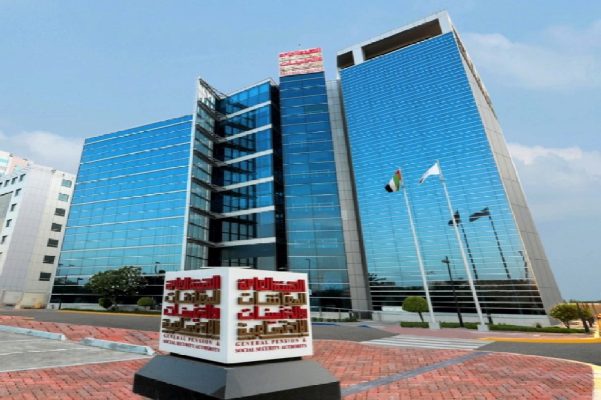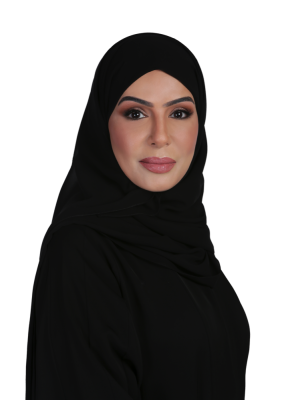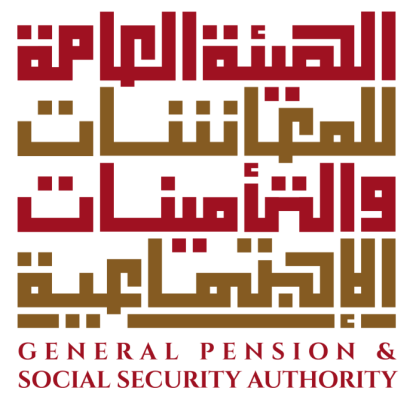– In addition to the retirement pension Dh75,000 is paid to the heirs of the insured after his/her death
-A widow may combine her salary with the share in pension she receives from her deceased husband
– The father has a share in the pension of his deceased son when/if he relies on him
-The husband has a share in the pension of his deceased wife when/if he is disabled at the time of death and does not have a salary or pension
-A woman’s pension is distributed to eligible family members in the same way as that of a man
Abu Dhabi, 14th November 2022: The General Pension and Social Security Authority (GPSSA) said that the impact of registration and contribution in social insurance extends to the insured individual’s family, confirming the importance of registering and contributing on monthly basis by double checking with his/her entity.

As part of an awareness campaign launched by the GPSSA under the slogan Discover your benefits, Hind Al Suwaidi, Head of Benefits Management Department, explained that the first benefits that the beneficiaries receive after the death of the pensioner is the death grant, as well as the compensation resulting from the death of the insured, whatever reasons given for the cause of death.
Al Suwaidi said that upon death of a pensioner or the owner of the pension, an amount equal to the pension due to him/her is paid for the month by which he passed away in addition to the following three months, and that this grant is paid in one payment to his/her dependents at the time of death. In the event that the death was as a result of a work injury, the heirs are entitled to a compensation of Dh75,000 to be distributed amongst them in accordance with the provisions of Islamic Sharia. The insured is entitled to this compensation if the work injury results in a total disability.
GPSSA’s Benefits Management Head explained that upon death, the eligible beneficiaries to receive shares of the retirement pension, i.e. widows, children, parents, brothers and husband, are listed according to the eligibility criteria stipulated in the pension law, permitting a widow to receive a share in the pension of her deceased husband and to combine her pension or salary from work with her husband’s share. Without other beneficiaries, she becomes entitled to three quarters of the pension. If divorced, re-married or deceased however, a widow’s share from her previous husband is distributed to her sons and daughters equally noting that if there is one widow in the pension without other beneficiaries, she is entitled to three quarters of the pension. As for the husband, he is entitled to a share in the pension of his deceased wife if at the time of death, he suffered from a health disability that prevents him from earning and did not have a salary or pension from any other authority in the UAE.

A husband however, is entitled to a share in his deceased wife’s pension provided that he does not have a salary or pension from any entity in the UAE or has a health disability that prevents him from earning, given that the disability is proven via a decision taken by the medical committee concerned with pension affairs.
In this context Al Suwaidi emphasized on the fact that the pension of the deceased wife is distributed to her beneficiaries or relatives in the same way as the man, since the pension law does not differentiate between men and women in terms of rights and privileges, including the distribution of pension to eligible heirs.
As for the sons and daughters of the deceased, Al Suwaidi added that the girl deserves a share of the retirement pension provided that she is unmarried, however her share is cut off in the event of marriage or employment and is returned if she is divorced or widowed under the condition that there is no other salary or pension.
The son is entitled to a share in the father’s or mother’s pension upon their death if his age at the time of death was less than 21, however the share ceases after that age unless he is still studying, (if still studying he is permitted to receive the pension share till the age of 28), or is unable to earn due to a disability of some sort.

The law also entitles a father who does not work for legitimate reasons to rely on his own father’s pension. If that father passes away after entitlement to the pension on his father’s behalf, the fathers share in the pension is transferred to his sons and daughters.
As for parents, a father is entitled to a share in the pension of his deceased son if he is dependent on the son during his lifetime, while the mother receives a share in the pension of her deceased son if she is widowed, divorced, does not receive a salary or pension from any other entity in the UAE, and whose husband is dependent on her deceased son’s pension.
Brothers and sisters are also entitled to a share in their deceased brothers pension if dependent on him and the entitlement rights are distributed based on the pension eligibility conditions.

